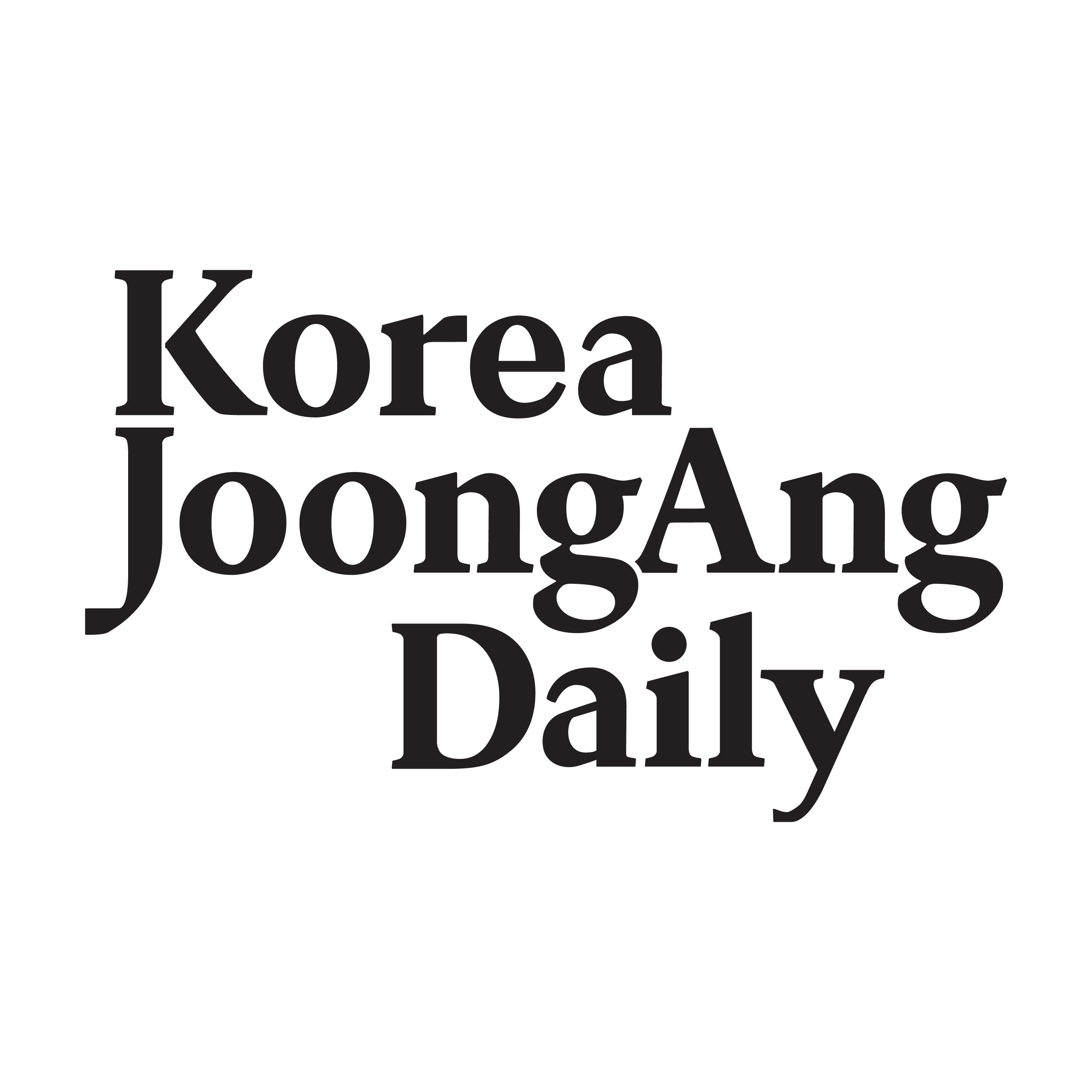Listen "Lawmakers and their sense of privilege"
Episode Synopsis
The author is a professor emeritus of physics and astronomy and a former president of Seoul National University.
Power tends to enlarge itself. Institutions often justify this by arguing that greater authority allows them to serve the public more effectively. Reality, however, shows that expanding power does not necessarily lead to better service for citizens. The National Assembly is a clear example. Once dismissed as a subordinate to the executive during the authoritarian era, the legislature now wields enough authority to paralyze the government through its lawmaking and budget review powers. Yet public trust in lawmakers remains persistently low. A major reason, I believe, is the entrenched sense of privilege among members of the Assembly.
This year's National Assembly audit illustrated the problem vividly. Instead of substantive discussions on major policy issues, the audit devolved into petty quarrels, endless partisan brawls, and conduct that defied basic decorum. A civic monitoring group labeled it "the worst ever." Lawmakers repeated old habits: indiscriminate witness summons, excessive demands for documents, and an overbearing attitude that rendered productive debate impossible. Ministers and agency officials were not the only ones treated in this manner. Even experts invited to testify were cut off mid-sentence or scolded if their views diverged from those of the questioning lawmaker. Legislators justified such behavior by claiming they were "representatives of the people," implying that no one should push back. But in the last general election, the vote share gap between the two major parties was only 5.4 percentage points. In most constituencies, there are many voters who disagree with their elected representative. A true representative would listen to opposing views, not silence them.
An even deeper problem is that legislators embrace privilege while shirking the responsibilities that come with their authority. This contradiction was on display during last month's audit of the Supreme Prosecutors' Office. Testifying as a witness, Prosecutor Ahn Mi-hyun of the Seoul Central District Prosecutors' Office said that the prosecution would still need supplementary investigative powers even after the formal abolition of the prosecution office. She added that lawmakers should be accountable if adverse effects arise from pushing through complete abolition of prosecutorial authority. Her remarks triggered fierce attacks from several ruling party lawmakers, who retorted that it was absurd to suggest legislators should bear responsibility for legislation. Some accused her of being disrespectful. Yet prosecutor Ahn is known as a reform-minded prosecutor who previously exposed alleged pressure from senior prosecutors in the Kangwon Land hiring scandal. Even during the hearing, she reiterated her support for prosecutorial reform. Nevertheless, ruling party lawmakers refused to tolerate even minor dissent. The idea that power must be accompanied by responsibility is not a radical proposition; it is a basic principle across time and culture.
This lack of a sense of responsibility manifests in several ways. One is the abuse of parliamentary immunity. Legislators in many democracies enjoy protection for statements made in the legislature, but the scope is often limited, and defamation is excluded. In Korea the immunity is far broader - a legacy of the authoritarian era meant to guarantee minimal speaking rights for a weak opposition deprived of information. Today, however, the Assembly is immensely powerful, yet some lawmakers use immunity to spread unverified claims or smear opponents without accountability. They ignore the responsibilities that come with their status as public officials.
A second problem is the absence of individual responsibility in lawmaking. Scholars attach their names to their arguments, and government officials are accountable for the policies they implement. In the Assembly, legislation is passed by ma...
More episodes of the podcast Korea JoongAng Daily - Daily News from Korea
A shameful chapter in Korea’s past
14/11/2025
 ZARZA We are Zarza, the prestigious firm behind major projects in information technology.
ZARZA We are Zarza, the prestigious firm behind major projects in information technology.
